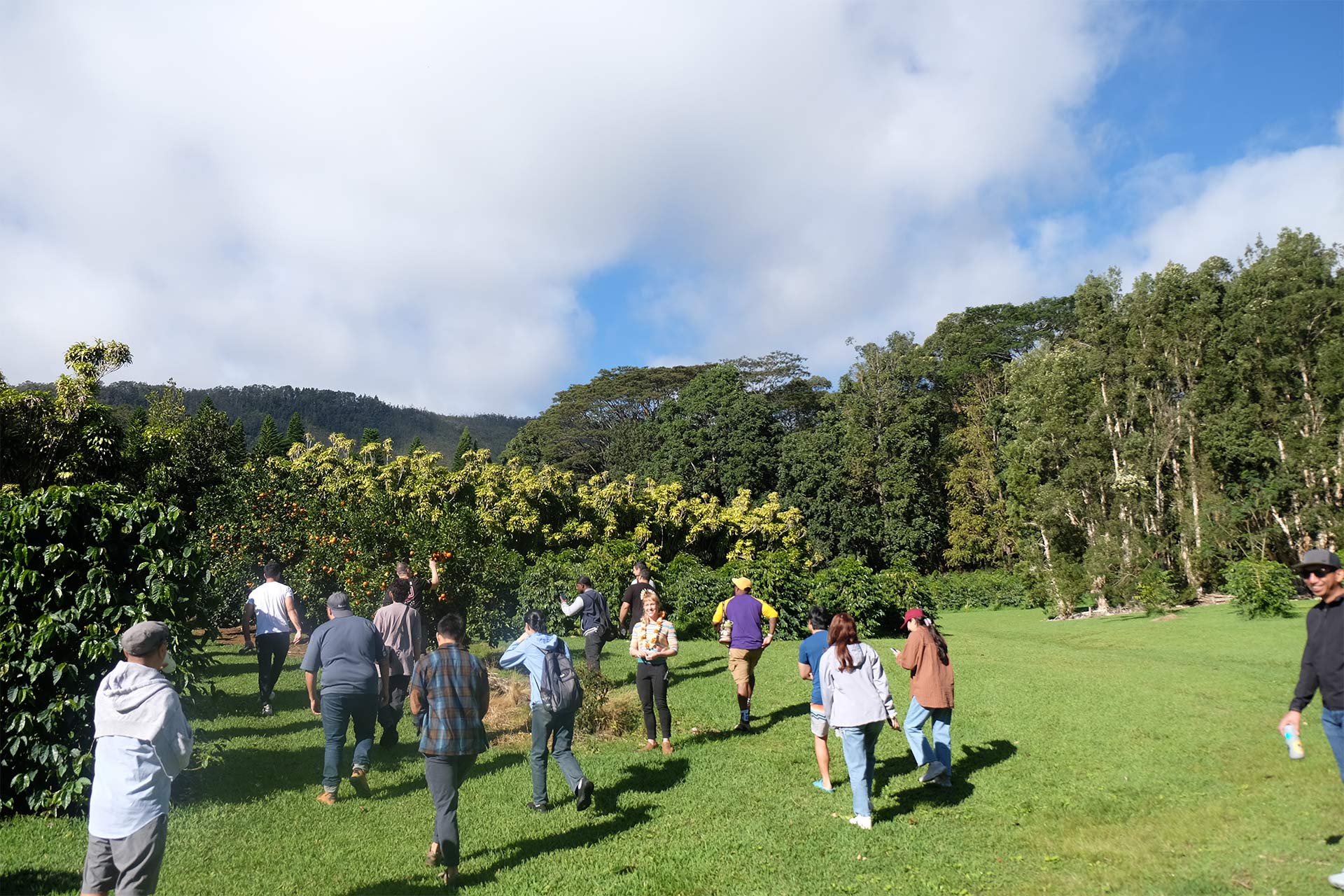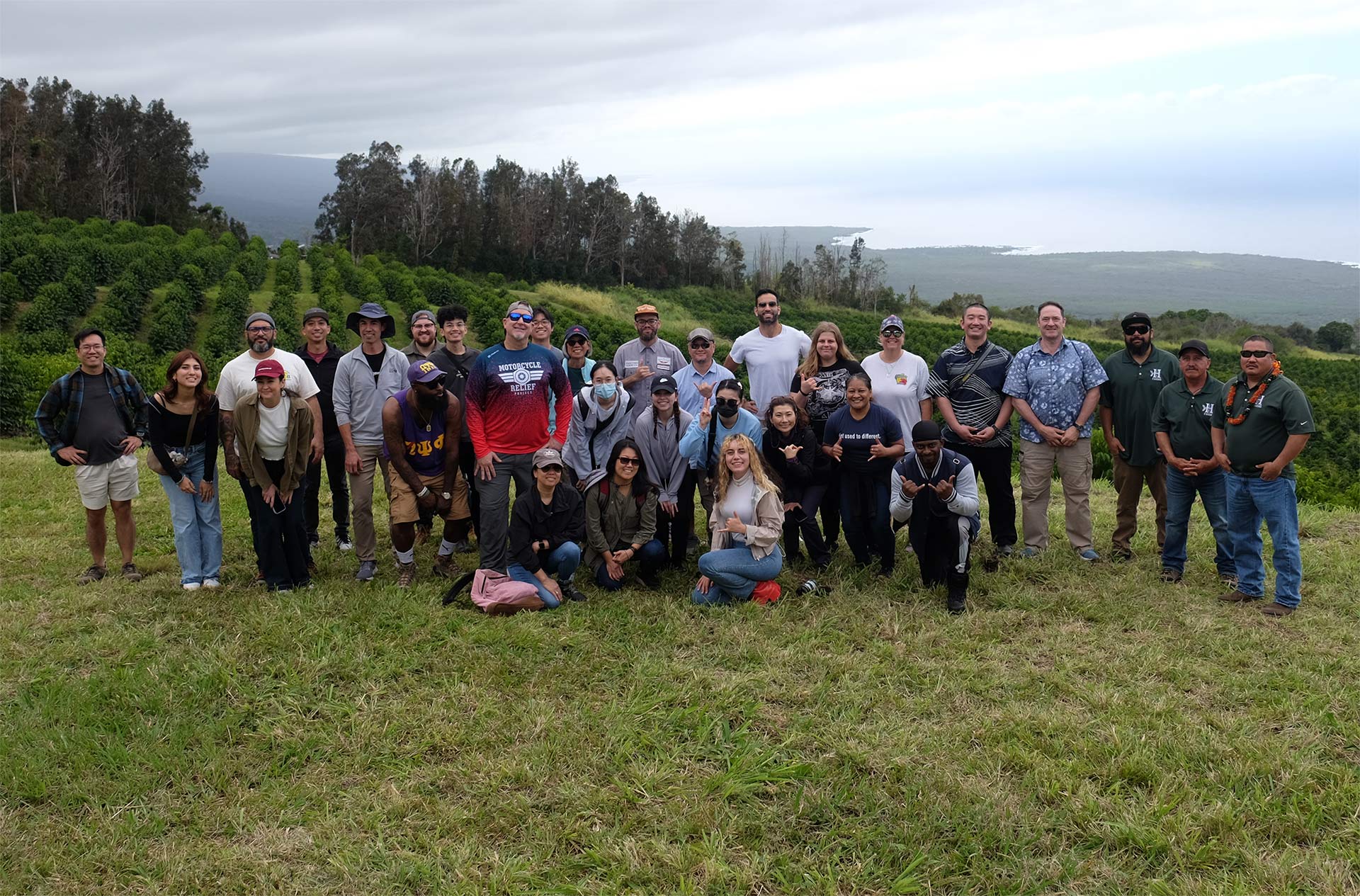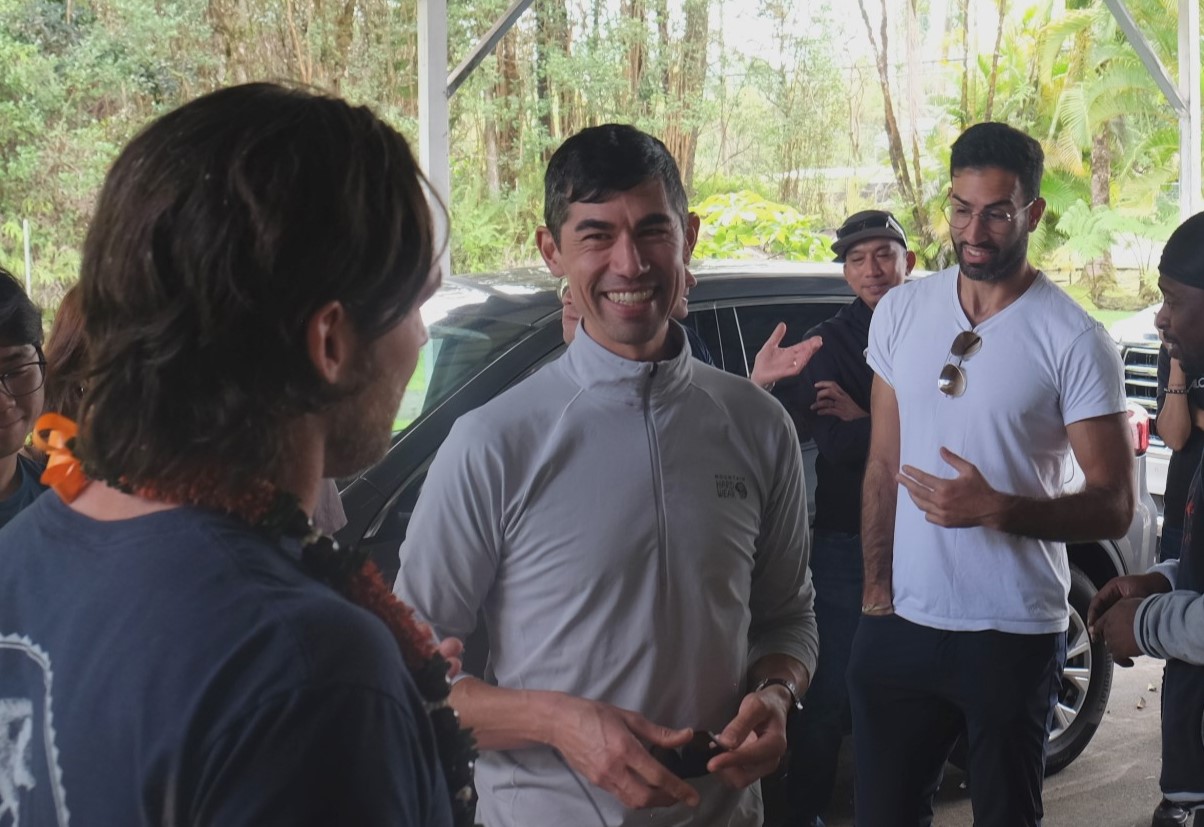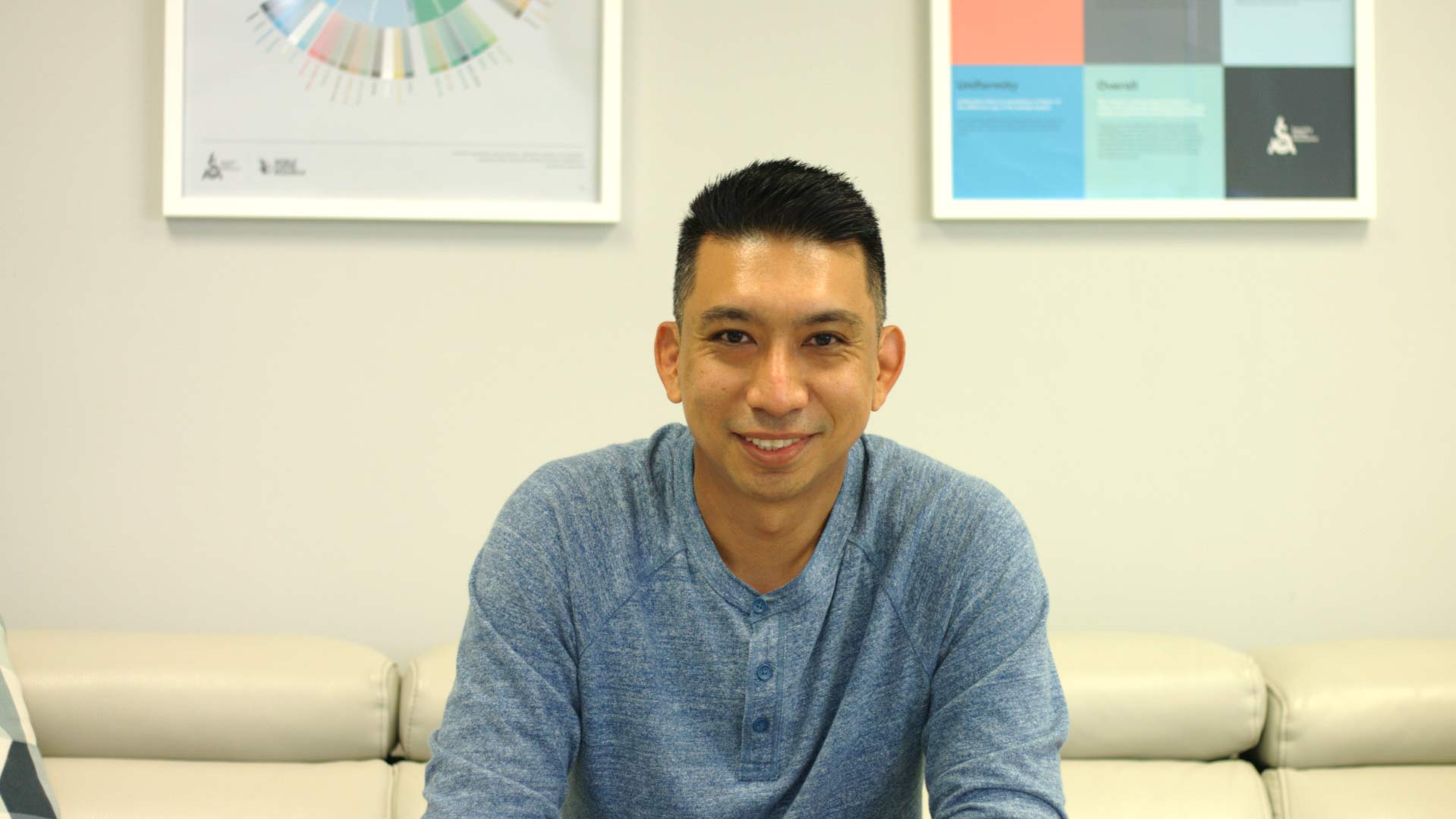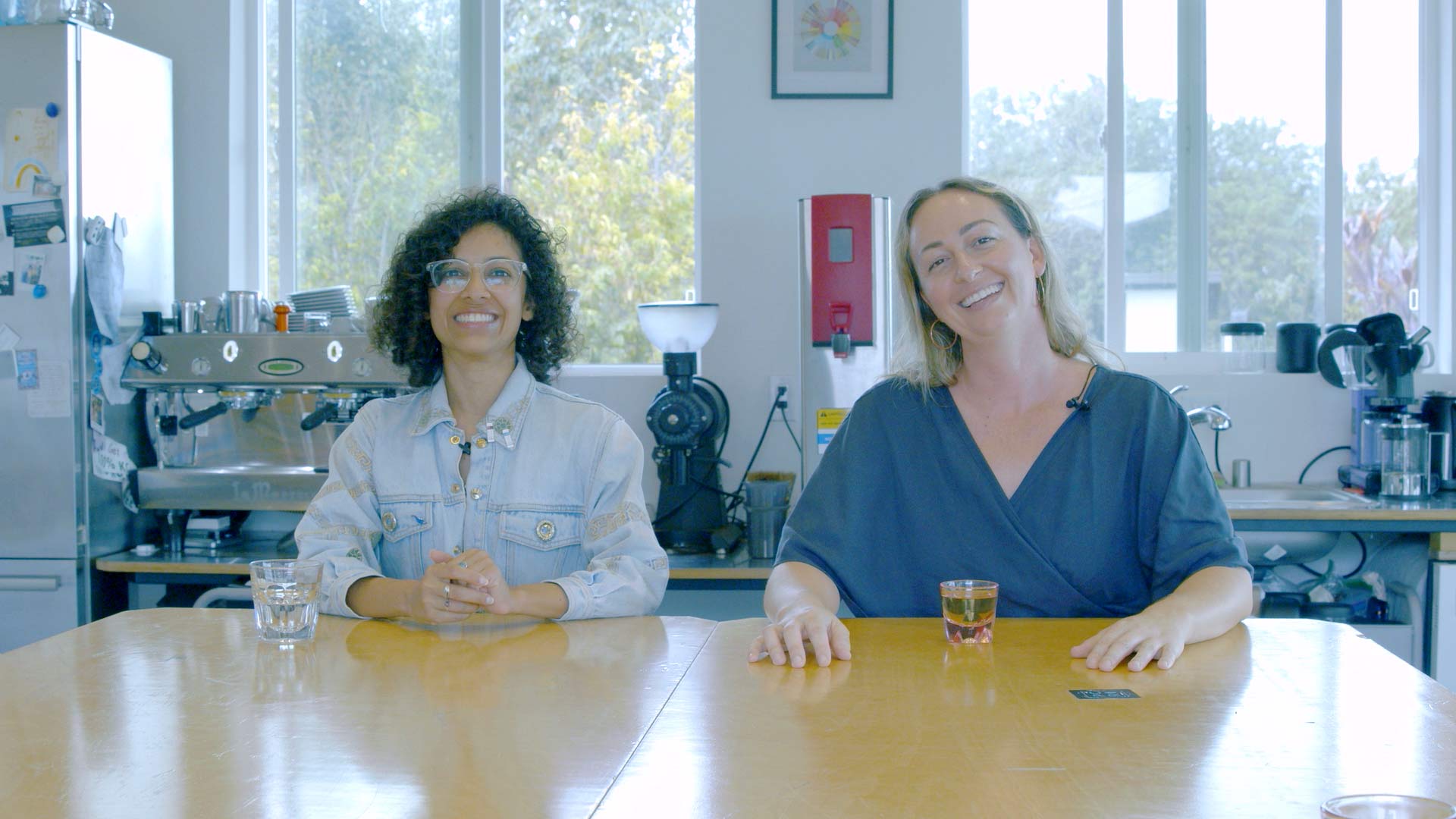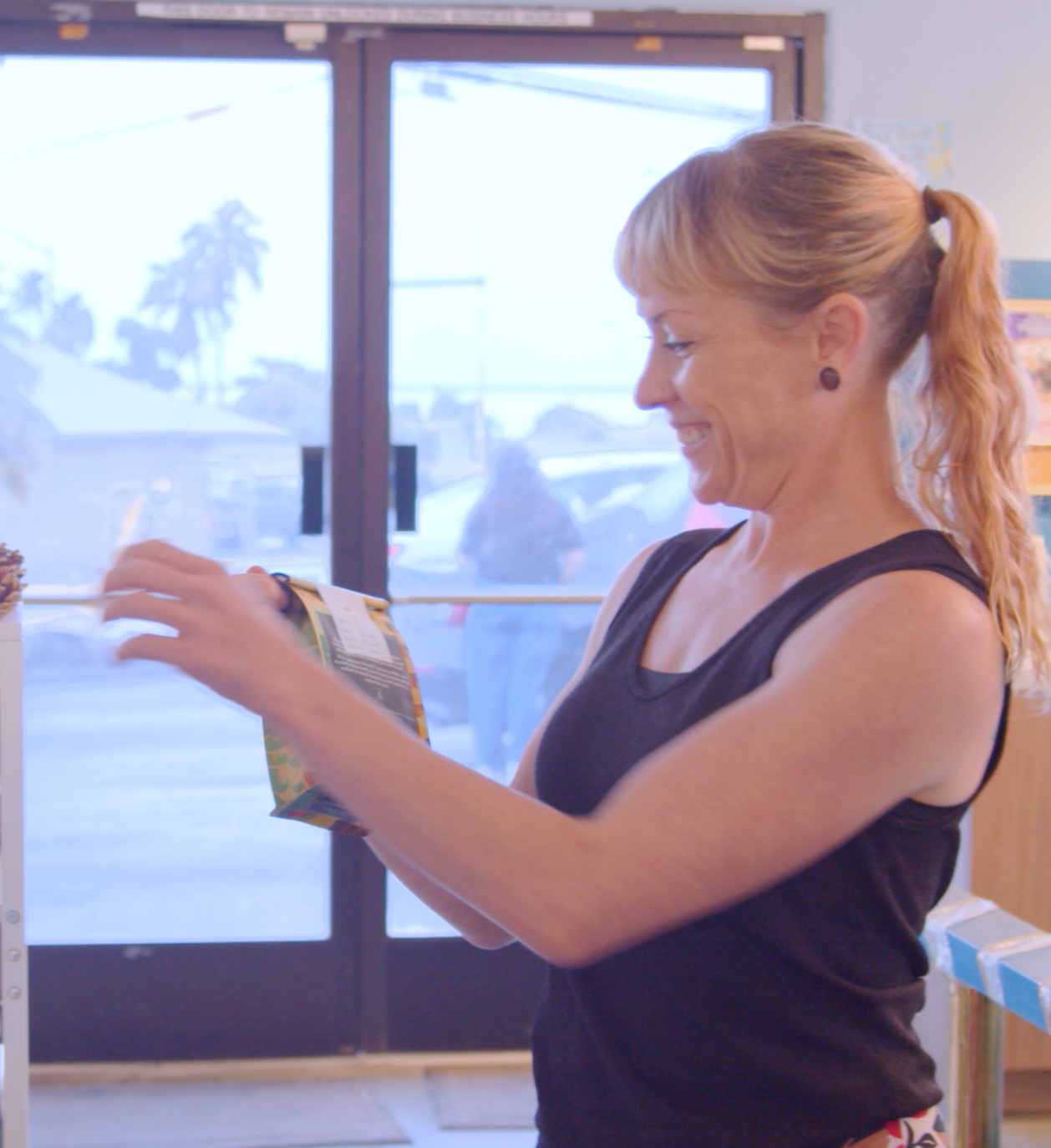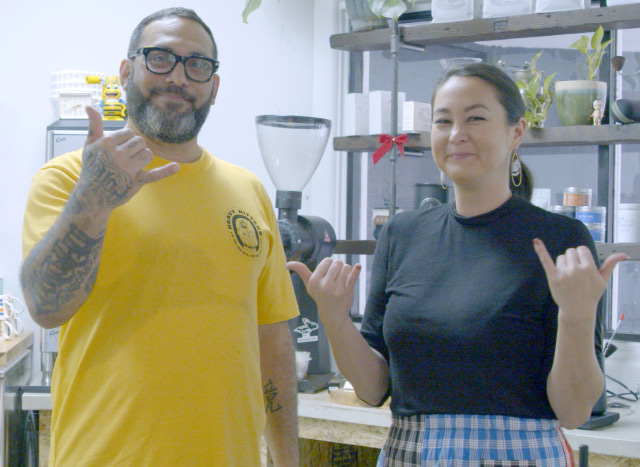What was your personal favorite part or experience?
I really love the smelling aspect of it and observing how different people love and describe different scents. To me its the most interesting part as a coffee roaster is how the end consumer or coffee lovers actually perceive different notes. We all for example, in the coffee industry all agree that vial 12 is the coffee blossom and how people perceive it is based on their own background and childhood. For me, it was interesting to see how perspective across the world, ethnic background, and cultures describe something we all in the coffee industry describe it as the coffee blossom - that was the very interesting part.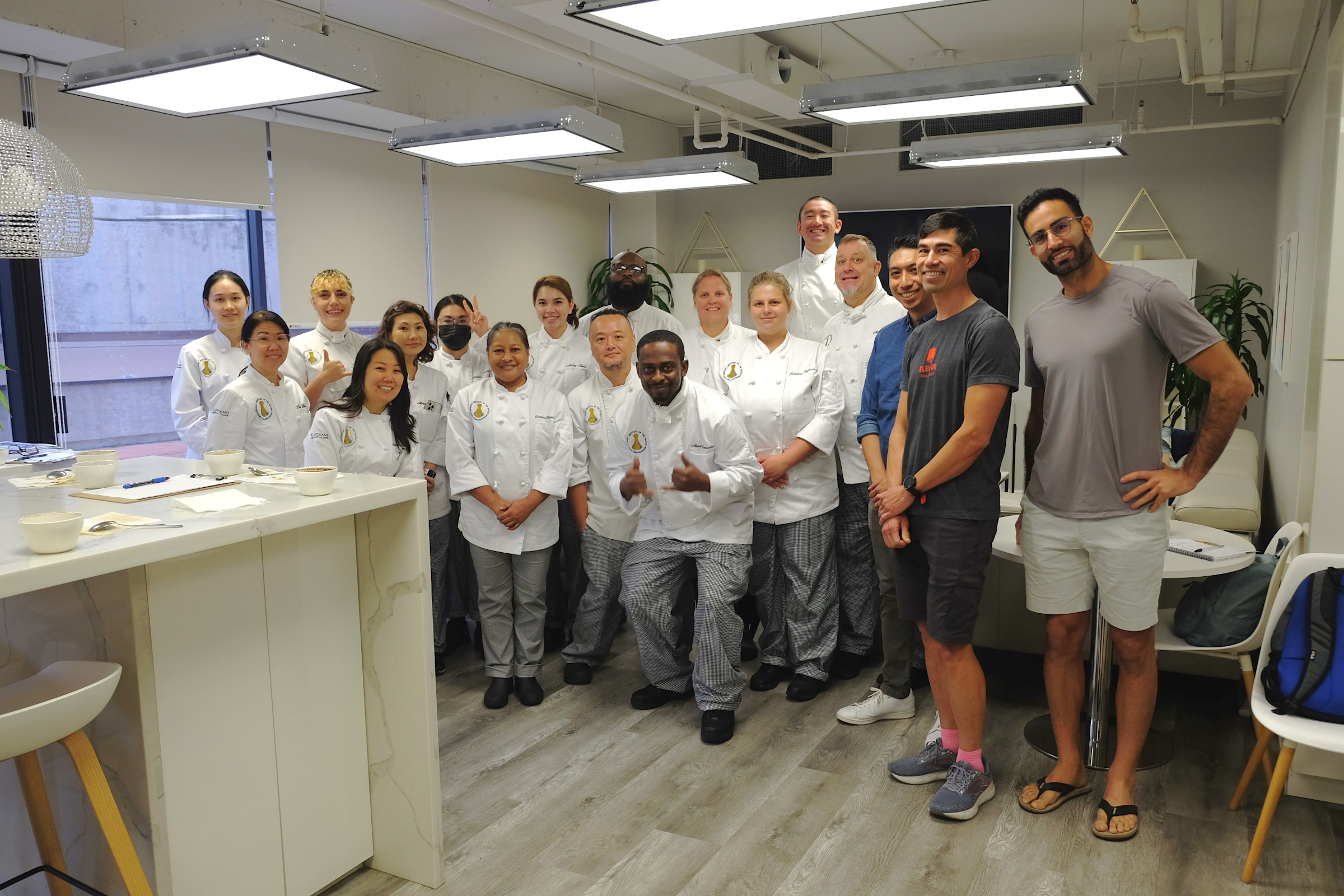
What was your main takeaway for the students?
I think the main takeaway for the student is that coffee is more complex than they think. We think of coffee as a coffee taste but it is actually more complex than wine based on compounds. Coffee has a myriad of different flavors from the traditional, chocolatey, nutty, to the sweet, the floral, and the fruity. The first exercise I'm smelling is that actually coffee can smell anything from a very fruity, very sugar browning, nutty, spices, or some wood, or even dirt or earthy or some negative stuff. I think it is very eye opening for the students to actually see that coffee is not just a coffee taste but it can have much broader spectrum of flavors later on in their culinary journey.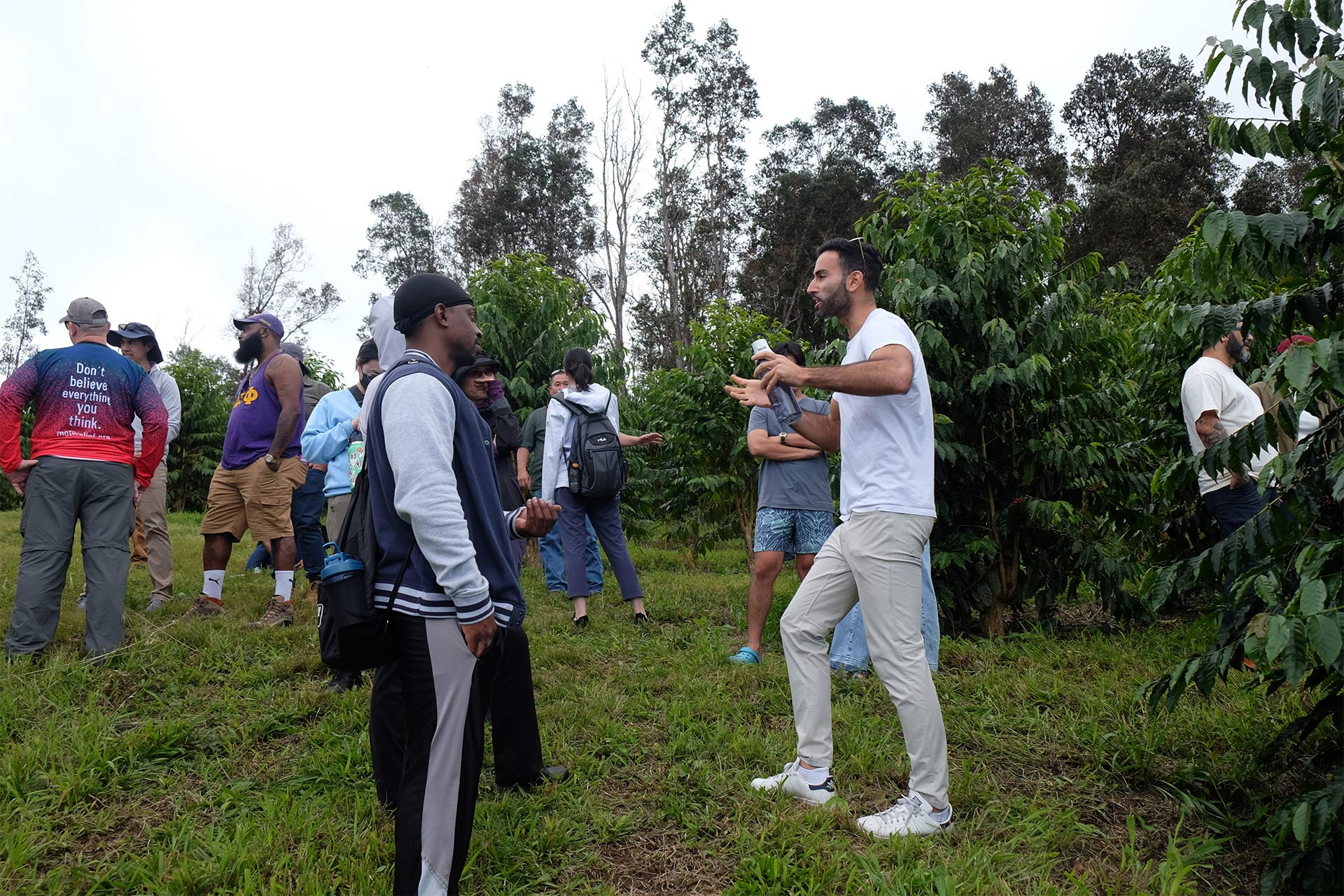
Why is it important to educate and show the origin of coffee?
Because you don't know what you don't know, basically. The origin of the coffee determines the flavor of it. I focus a lot on showcasing on what they call in wine - terrior. In what just the farm and farmer have created thanks to the weather, rainfall, soil, or in virtually any given product like coffee or cacao is another very good example. And so showcasing what the flavor of something is without adding anything can help us appreciate it and approach it in a very different way than how we traditionally approached it. For example, coffee was more on the darker side because we didn't know any better back in the days. Once again, we don't know what we don't know so education is very important.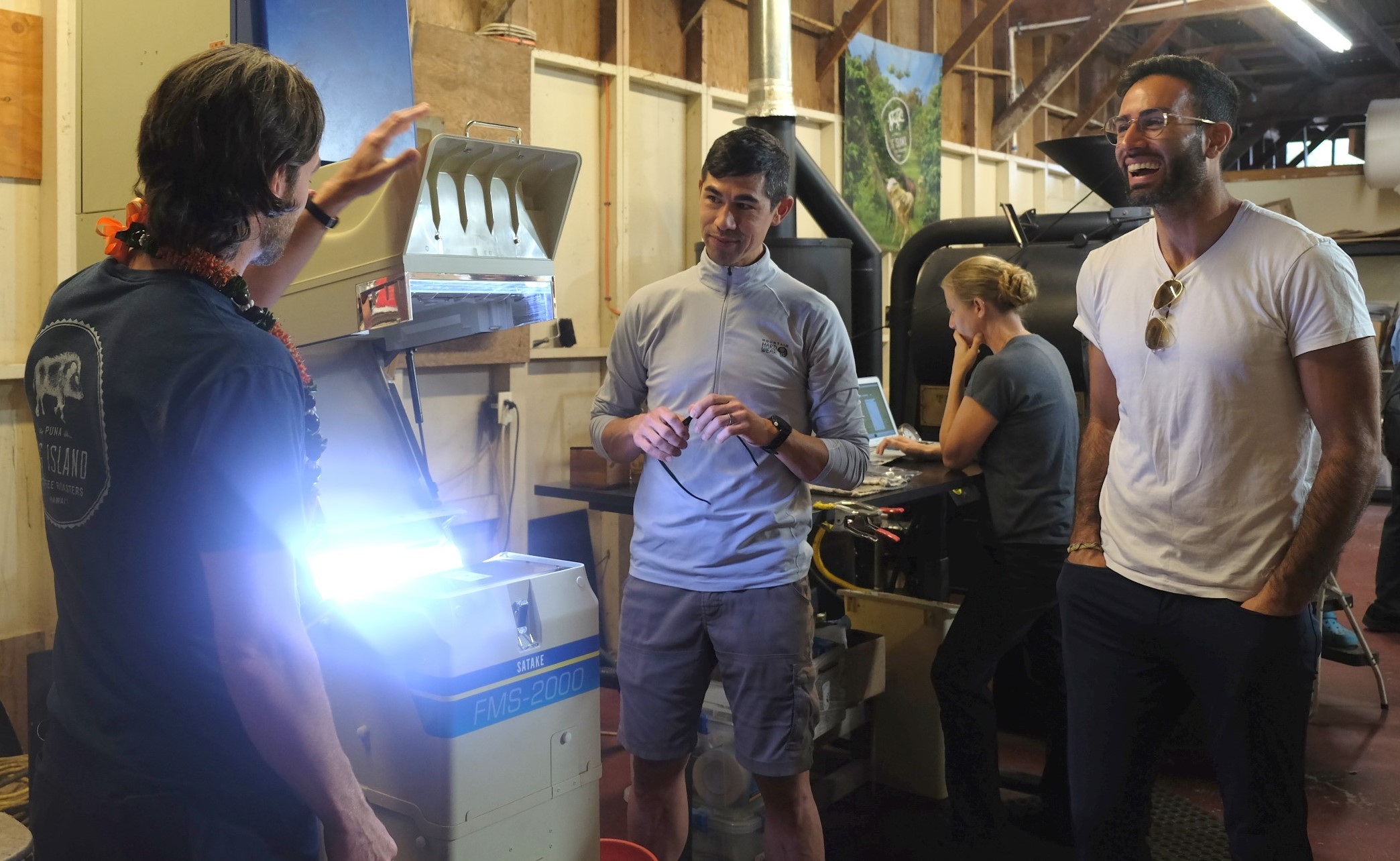
What kind of impact would you like to leave with the culinary students?
I really love the Pono Collective approach because I try a lot to bring the coffee people into the culinary aspect of it. I love that the Pono Collective brings the culinary students into coffee. It's a very good way to do it. We in the coffee industry, should integrate specialty coffee and coffee as a culinary ingredient rather than coffee as itself. I like to actually share the different approach between food science and the culinary aspect and what we know about coffee. At the end of the day coffee is an agricultural product, it's part of the same thing as a cucumber or tomato - it's just another agricultural product that we apply heat to. That's why I love the approach with Pono Collective and my participation is to help taste and describe to give lesson and context about coffee and how to integrate with food later on. I did a lot of research on food pairing which works exactly the same as wine pairing but you take out the wine and replace with coffee - almost.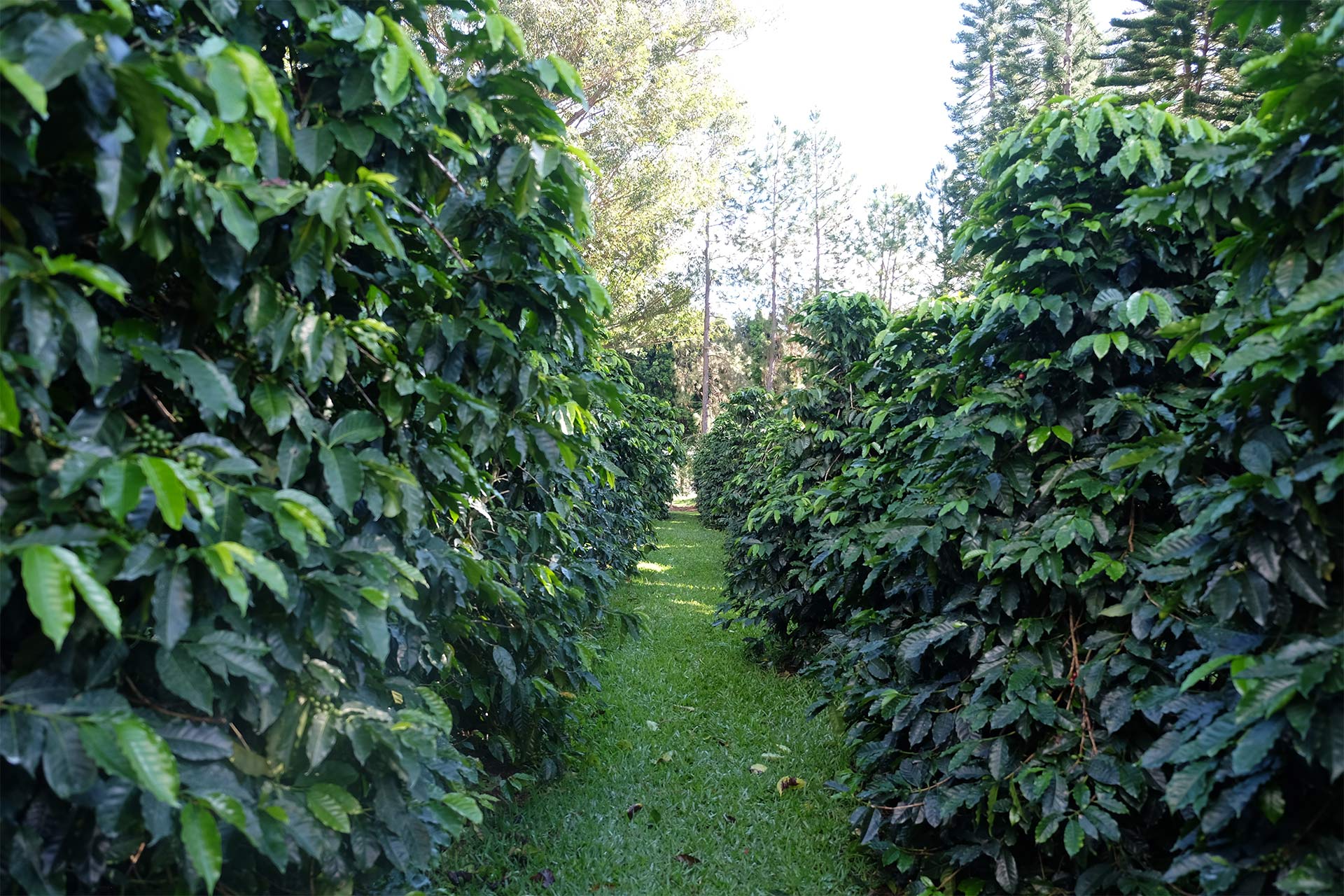
Is there anything else you'd like to add?
Excited about all the questions people have and the different taste perspectives that they approach coffee or whole food and definitely the impact of the farmers. Thanks Mehmet for sharing! It was such a pleasure to have you attend this year's Pono Collective.